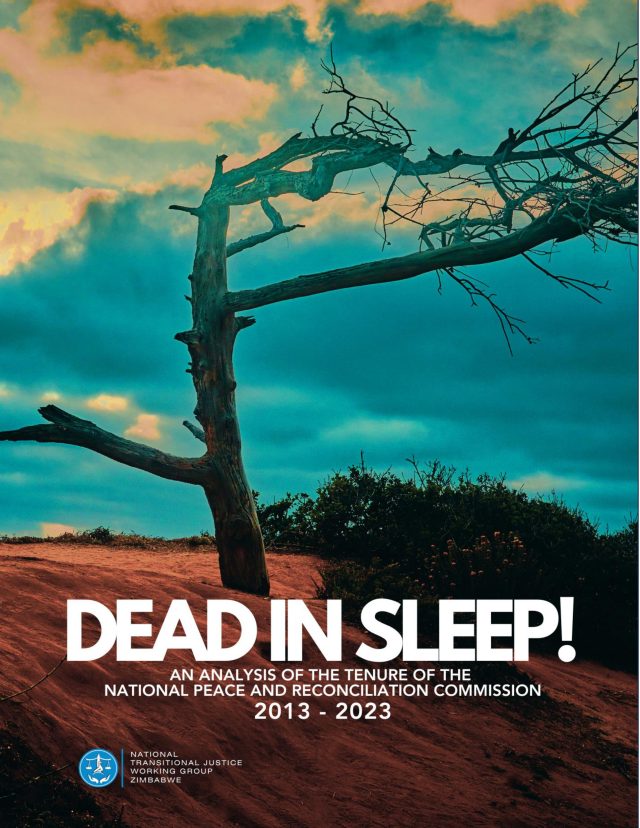
On 21 August 2023, Zimbabwe’s National Peace and Reconciliation Commission (NPRC) died peacefully in its sleep. It happened just two days before a general election that was bound to continue the tradition of violence and fear in Zimbabwe. There was no statement, no official ending festivities. Nothing. Just silence. Not even resistance. No solidarity from likely supporters. It was like an end that the community never bothered to prevent when it happened, perhaps a reflection of the public attitudes towards the institution.
For years, civil society in Zimbabwe supported the NPRC, wishing it well. Indeed, civil society campaigned for the NPRC’s establishment between 2008 and 2013. Upon its formation, civil society pushed for its operationalisation, resourcing and independence. But at its natural demise, it appeared no one could care less. Was it because the institution had completed its work or because it had failed so dismally that its loss created only indifference?
